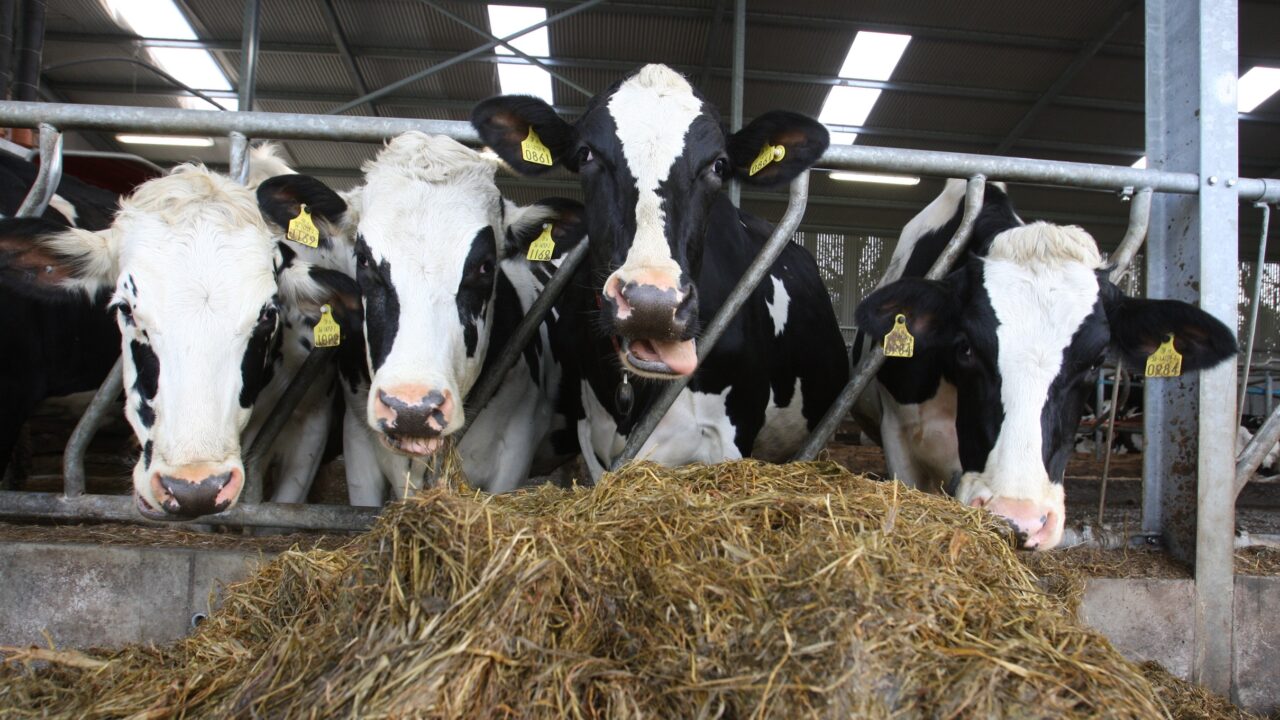The clarification of milk yield concerns in relation to the TB Live Market Valuation Scheme has been welcomed by the Irish Creamery Milk Suppliers Association (ICMSA).
Farmers were worried whether or not volumes of milk committed to the EU Voluntary Milk Supply Reduction Scheme in 2016 would be taken into consideration when assessing a farmers entitlement to compensation under the TB compensation schemes, the deputy president of the ICMSA, Pat McCormack, said.
But the Department of Agriculture, Food and the Marine reportedly provided clarity on the matter to the ICMSA – confirming that milk yields committed to the EU reduction scheme would be taken into consideration under the TB compensation schemes.
McCormack explained that because compensation under the TB Live Market Valuation Scheme is linked to milk yield in the previous year, farmers were legitimately concerned that their participation in the EU Voluntary Milk Supply Reduction Scheme in 2016 could have potentially led to an unfair reduction in the level of compensation paid.
“We raised this matter directly with the department and have received clarification to the effect that the quantity of milk reduced under the 2016 Voluntary Reduction Scheme will be included in the milk yield calculation under the TB Live Market Valuation Scheme, so farmers will not be disadvantaged as a result of their participation in the reduction scheme.
The Voluntary Supply Reduction Scheme was an EU initiative and it would have been ridiculous if farmers had been penalised for participating. This is a right and timely clarification from the department.
Meanwhile, the deputy president of the ICMSA is set to be meeting with the department next week in relation to TB matters. Amongst the items expected to be raised at the meeting will be the current guideline valuation figures.
The ICMSA believes these valuation figures are under current market prices, McCormack said.
Discussions are also planned around the department’s plans to further reduce disease levels overall and in particular ‘Black Spot’ areas, he concluded.
